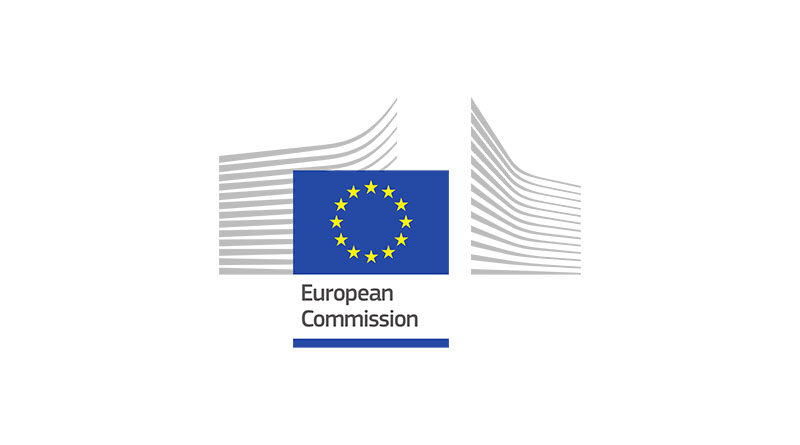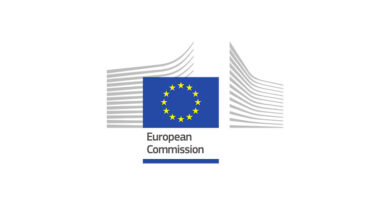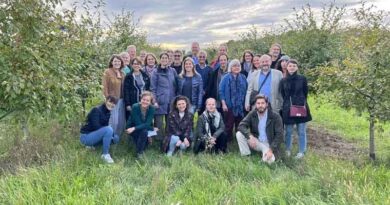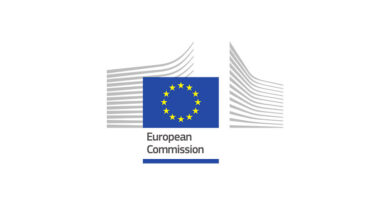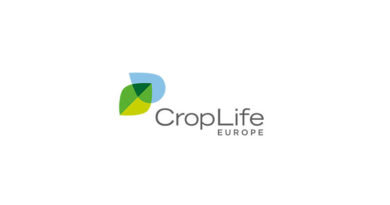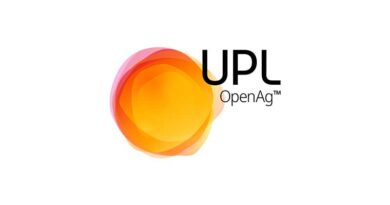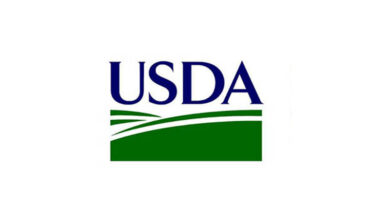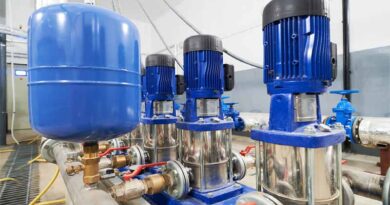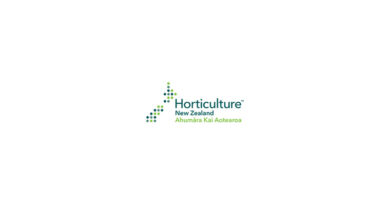Farm to Fork Conference Opening Speech
16 October 2021, Brussels: “Check against delivery”
Distinguished guests, ladies and gentlemen,
It is my great pleasure to address you today, alongside my fellow Commissioners.
Over the next two days, we will discuss the best ways of “building sustainable food systems together”.
There is much to discuss and much work ahead of us in this task; how we approach our work will determine our success.
Working strategically
First of all, we must work strategically.
For example, in the Farm to Fork Strategy, we have a blueprint of concrete actions that build towards clear targets.
Our targets include:
- reducing the negative impacts and overuse of antimicrobials, plant protection products, and nutrients;
- and developing the positive impacts of organic farming, short supply chains, and rural broadband.
Our targets are ambitious, but achievable: this has been shown in recent studies, including by the Joint Research Centre of the European Commission.
The studies have also identified some of the challenges we will face. It is important to take full account of these challenges; we are taking a big step, and we must look before we leap.
To me, these challenges underline the importance of planning our Strategy carefully and executing it strongly.
We must also remember the grave challenges that will face us if we do not carry out this Strategy – for our environment, our farming sector, and our society.
That is why we have designed this Strategy in the first place.
That is also why we have taken big steps in the reform of the Common Agricultural Policy.
Member States are currently working hard to prepare their national strategic plans, and I am glad to report good progress in many plans so far.
In my meetings with Ministers, I have reinforced the word “strategic” in “CAP strategic plans”. This word was not included by accident.
In their plans, Member States must include a clear strategy for fairer systems of agriculture. They should take advantage of new instruments to
- target support to those who need it most,
- and to open opportunities for small and family farmers, young farmers, and women farmers.
The plans must also include a strategy for greener systems of agriculture. They must:
- help farmers adapt to stronger rules,
- and provide voluntary measures (such as “eco-schemes”) that are attractive to farmers and capable of achieving real results.
Finally, Member States must set out strategies for modern systems of agriculture, which harness the potential of new knowledge, data, and digital technologies.
Working intelligently
This leads me to my second point. To secure sustainable food systems, we must work with intelligence and innovation.
The European Union is pushing forward new technologies, innovations, and digital solutions to help our farmers work more precisely, efficiently, and sustainably.
For example, in the SAPHIR [saff-fir] project under Horizon 2020, we have developed six new vaccines against major livestock pathogens, helping farmers to improve animal welfare, reduce antimicrobials, and save on production costs.
In the next seven years, Horizon Europe will see a further €9 billion invested towards agriculture, food, and the bioeconomy.
For instance, the Horizon Europe Mission on “A Soil Deal for Europe” will target the transition to healthy soils by 2030 and put forward solutions that support farmers in meeting this challenge.
It is important that we share knowledge in the face of such challenges; because a challenge shared is a challenge divided, but knowledge shared is knowledge multiplied.
Working together
And this brings me to my final point: for sustainable food systems, it is essential that we work together.
Firstly, we must work together with our international partners.
Both the UN Food Systems Summit and the G20 Summit showed a strong collective ambition for sustainable global food systems.
To meet this ambition, the European Union is developing Green Alliances on Research & Innovation, to share knowledge in areas like agro-ecology and nature-based solutions.
We are also developing the Sustainability Chapters of our trade deals, with an emphasis on securing close cooperation and obtaining firm commitments.
Secondly, we must work together within the European Union.
I look forward to continuing the strong cooperation with my fellow Commissioners, with Member States, regional and local authorities, and stakeholders.
Finally, we must work together along the food supply chain.
Over the coming years, society will pay more and more attention to how farmers produce food.
But as citizens, we must also pay attention to how we consume food and we must ask ourselves if we are supporting sustainable farming in our food choices.
Because to build sustainable food systems, we all have choices to make, and we all have work to do.
And if we share the work, we can also share the rewards:
- the rewards of safe and nutritious food, with high standards for animal welfare;
- of thriving family farms and vibrant rural areas;
- and of a stable climate, healthy soils and rivers, and rich biodiversity.
If we work with strategy, with intelligence and innovation, and with each other, these are the things we can achieve.
I look forward to sharing this work with you, and I wish you all an enjoyable and productive conference.
Thank you.

